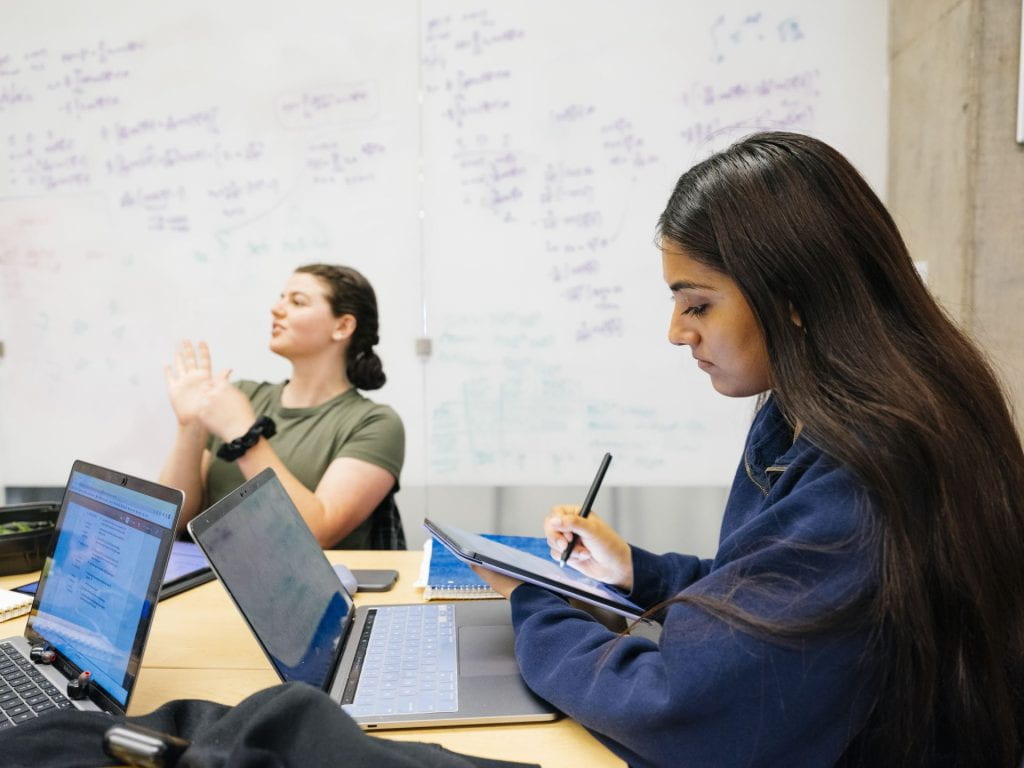The abundance of unverified information online requires engaging in set of digital research techniques and practices to determine with relative certainty what’s true and what’s not. Sourcing and verifying digital content are multi-step processes that can ultimately strengthen the public’s trust with regards to information on the internet. The Human Rights Investigations Lab relies on online open source information, which refers publicly available material on the Internet. Common types of online open source information include news articles, expert and non-governmental organization reports, social media content, geospatial imagery and mapping data, and online databases.
In the Lab, we teach student researchers how to collate and synthesize this information systemically for the purposes of research. Student researchers learn and use techniques such as the following:
- Discovery: conducting targeted online searches to find statements, videos, images or other open source information to support human rights cases.
- Geolocation: identifying the coordinates of a video or image in order to verify its authenticity.
- Chronolocation: identifying the exact or approximate time in which a video or image was taken.
- Network analysis: identifying the interrelationship between perpetrators, victims, organizations and governments.
- Chain of command: identifying the rank and duties of officials in a particular military, government or corporate organization in order to decipher accountability.
- Digital mapping: producing data visualizations that can expose connections between human rights violations, locations, perpetrators and the relevance of these data points.

